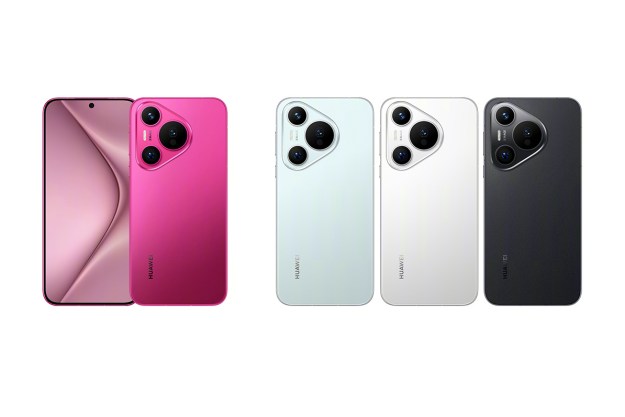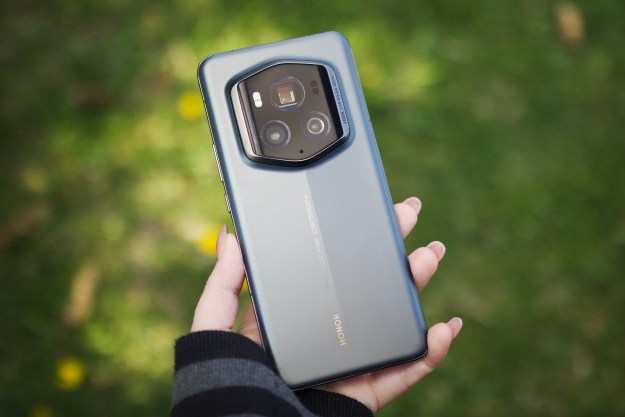
FCC Chairman Tom Wheeler has reportedly backed down from his agency’s broadband Internet regulation proposals, introducing a new draft that promises stronger scrutiny to keep ISPs from discriminating against companies that can’t afford to pay for Internet “fast lanes.”
According to the Wall Street Journal, Wheeler assured the public that he would not allow broadband companies to segregate Internet traffic into slow and fast lanes. While the development may be a positive sign for Net neutrality advocates, it isn’t a complete turnaround, and may fall short of satisfying critics.
The new draft still allows broadband companies to charge more for faster delivery of content. The only difference is the language. According to an unnamed official, the FCC will scrutinize deals between broadband and content providers to make sure that nonpaying companies don’t get unfair treatment.
While the agency’s promises probably wouldn’t be enough to quell dissent, there are aspects to the new draft that may be taken as a positive sign by Net neutrality advocates. The unnamed official said that the new proposals would seek comments on whether to ban “paid prioritization.” The draft will also ask for comments on whether to consider broadband Internet providers as a public utility, which would allow the FCC to regulate the industry.
In a blog post on the Stanford Law School Center for Internet and Society website, experts said that while giving the public a chance to comment on paid prioritization is a step in the right direction, the draft is just a rehash of the same bad rules.
“Though we haven’t yet seen the FCC’s proposal, it seems that the Chairman is considering requiring ISPs to offer a baseline level of service to applications, content, and services that don’t pay up. So instead of an Internet with a slow lane and a fast lane, the new proposal might result in an Internet that offers a “not-so-fast, but not totally crappy lane” to applications that don’t pay and a “faster lane” to those that do,” the blog post read. “Internet companies that pay so that their traffic is faster or is not counted against the bandwidth cap have a competitive advantage. This is one of the key policy problems with access fees. Simply improving the quality of the baseline service does not remove that problem, because the quality differential between paying and non-paying applications remains.”
The new proposed rules come as Wheeler faces a revolt within his own agency. Last week, FCC commissioners Ajit Pai and Jessica Rosenworcel called for a delay on the March 15 vote on the proposal. In the Wall Street Journal article, an unnamed FCC official was quoted as saying: “There is a wide feeling on the eighth floor that this is a debacle and I think people would like to see a change of course … We may not agree on the course, but we agree the road we’re on is to disaster.”
While your comments won’t have as much weight as an FCC commissioner, it still counts. So if you want to add your comments on this issue, you can shoot an email to the FCC’s new inbox at openinternet@fcc.gov.


